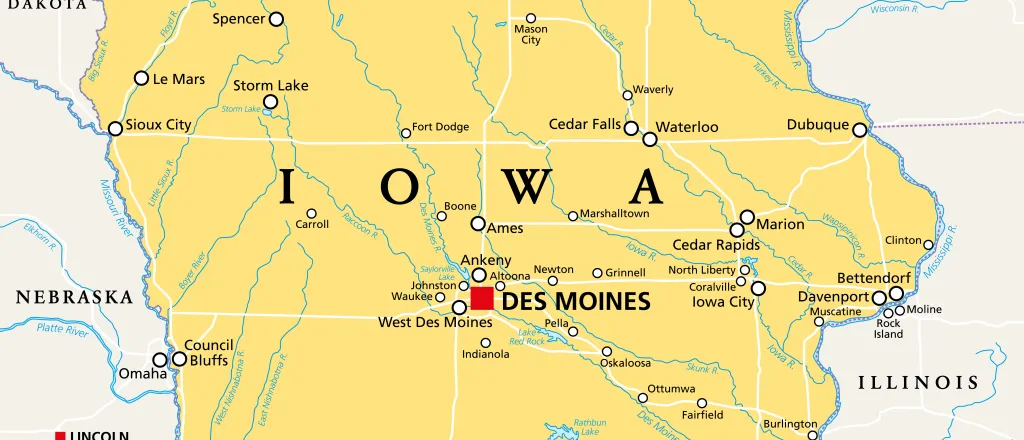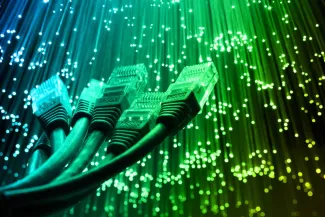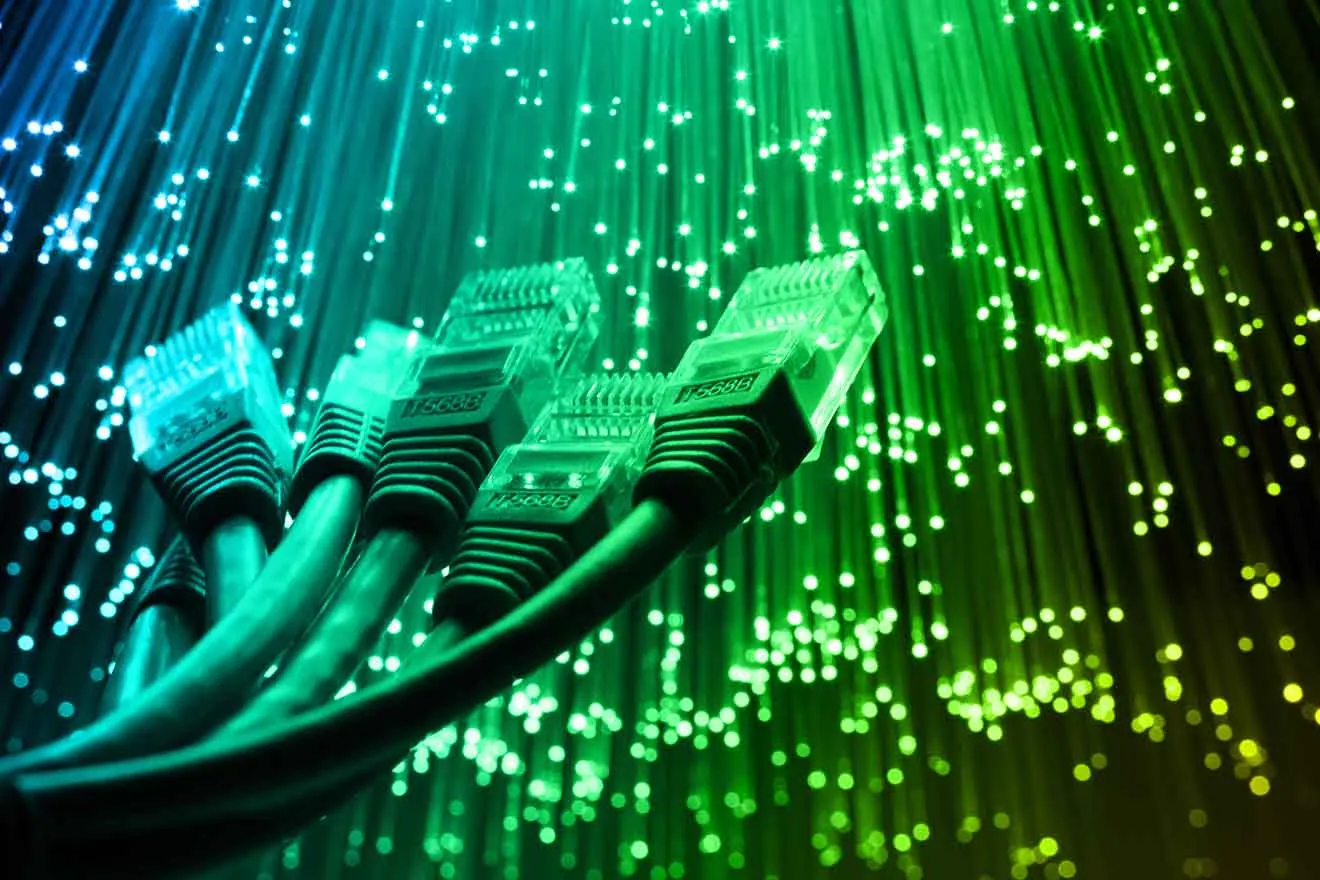
Iowa researchers shine light on the future of energy use
Click play to listen to this article.
(Iowa News Service) Researchers at Iowa State University are taking aim at the huge amount of energy used by data centers, now and in the future. They have developed a material as thin as an atom to reduce power consumption.
A national study showed by 2030, 9 percent of the country's energy will be consumed by data centers, keeping the internet, AI applications and other technology humming.

© iStock - arcoss
Matthew Panthani, associate professor of chemical and biological engineering at Iowa State University, and his team are focused on using light rather than heat to generate power for the data centers sprouting up close to home.
"Iowa seems to be a popular place to build data centers," Panthani observed. "Meta and other companies have built data centers, even in the Des Moines area. They're taking advantage of the relatively low electricity prices afforded by wind energy."
Panthani's lab is focused on developing atom-thin sheets of a silicon-germanium alloy which are stacked in layers and used to create highly energy efficient semiconductors, which can be used in power-hungry data centers.
Using light to transmit data is not new. Companies have used fiber optic technology to transmit light across oceans, for example. But Panthani pointed out doing it on a much smaller scale, such as between components on the computer chips in data centers, is something quite different.
"That's really because there isn't a material that can enable scalable, on-chip light sources," Panthani explained. "The materials that we're developing are intended to have properties, both the manufacturability and properties, that could enable that."
According to the Electric Power Research Institute, the internet's 5.3 billion users can demand as much power as 800,000 households. It will sharply increase this decade, sending the demand even higher and making new technology like this even more important.
















